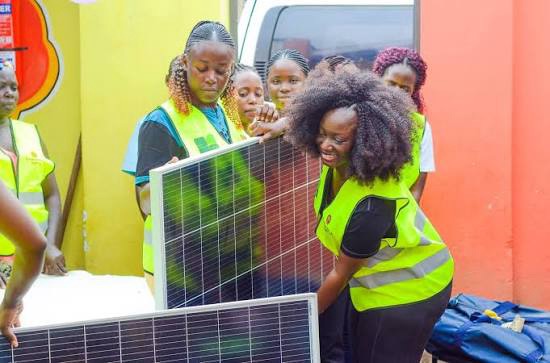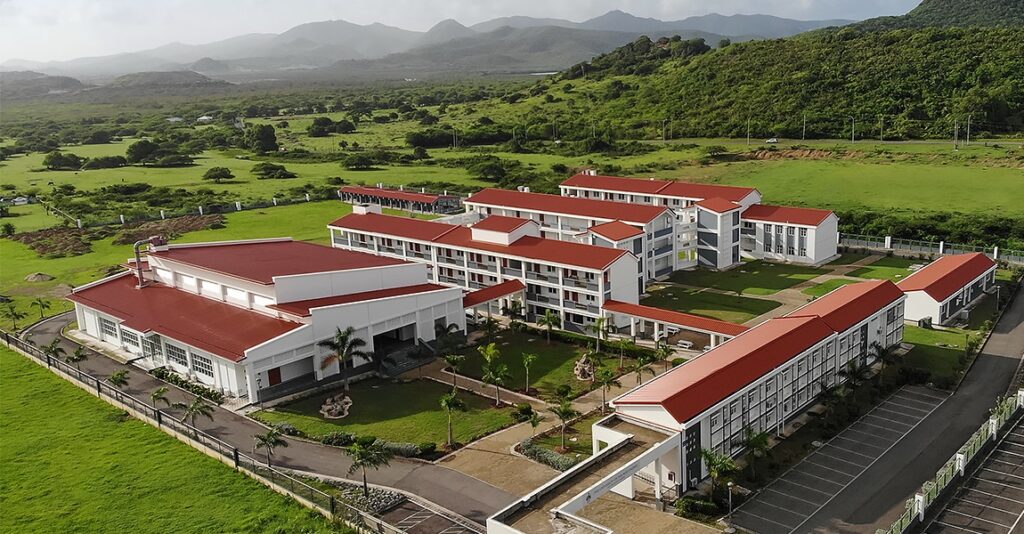The booming sound of the Zambezi River is accompanied by another, the whir of bitcoin mining computers nestled deep in Zambia’s far northwest. Phillip Walton, part of the Gridless company, oversees a mining operation that runs on inexpensive hydroelectricity generated from the local river.
The company's venture involved transporting delicate mining equipment 14 hours across rugged terrain to exploit a nearby hydroelectric power plant. The site's innovative approach uses the river's energy to keep operational costs low, allowing the mining computers to earn approximately $5 daily, irrespective of bitcoin’s fluctuating market value. Walton underscores their successful partnership with the local energy company, stating that revenue sharing has made the enterprise possible.
The Zengamina hydro-power plant, built early 2000’s with charitable funds, previously underperformed in favor of local energy needs. Daniel Rea, who manages the site, found that collaborating with Gridless provided the plant with a crucial revenue stream, significantly boosting its operational viability.
Though the local town of Zengamina has remained largely unaware of the mining site's intricacies, its effects are undeniable. Residents like barber Damian revel in the electric transformation, which has not only improved local businesses but also restored opportunities for education and connectivity through technology.
As Zambia prepares for a national grid expands to surrounding villages, the bitcoin mine's profitability may wane. Yet, this change signals a success story for both Gridless and the local community, paving the way to sustainable energy solutions.
Gridless plans to capitalize on similar hydroelectric resources across Africa, aiming to create renewable energy infrastructures while supporting local economies. The company faces opposition from those skeptical of bitcoin’s energy demands, advocating for balanced energy allocation to communities.
As the bitcoin mining landscape evolves, the Zengamina initiative represents a positive shift—illustrating the potential for cryptocurrency to foster community development and energy access in rural Africa.
The company's venture involved transporting delicate mining equipment 14 hours across rugged terrain to exploit a nearby hydroelectric power plant. The site's innovative approach uses the river's energy to keep operational costs low, allowing the mining computers to earn approximately $5 daily, irrespective of bitcoin’s fluctuating market value. Walton underscores their successful partnership with the local energy company, stating that revenue sharing has made the enterprise possible.
The Zengamina hydro-power plant, built early 2000’s with charitable funds, previously underperformed in favor of local energy needs. Daniel Rea, who manages the site, found that collaborating with Gridless provided the plant with a crucial revenue stream, significantly boosting its operational viability.
Though the local town of Zengamina has remained largely unaware of the mining site's intricacies, its effects are undeniable. Residents like barber Damian revel in the electric transformation, which has not only improved local businesses but also restored opportunities for education and connectivity through technology.
As Zambia prepares for a national grid expands to surrounding villages, the bitcoin mine's profitability may wane. Yet, this change signals a success story for both Gridless and the local community, paving the way to sustainable energy solutions.
Gridless plans to capitalize on similar hydroelectric resources across Africa, aiming to create renewable energy infrastructures while supporting local economies. The company faces opposition from those skeptical of bitcoin’s energy demands, advocating for balanced energy allocation to communities.
As the bitcoin mining landscape evolves, the Zengamina initiative represents a positive shift—illustrating the potential for cryptocurrency to foster community development and energy access in rural Africa.





















